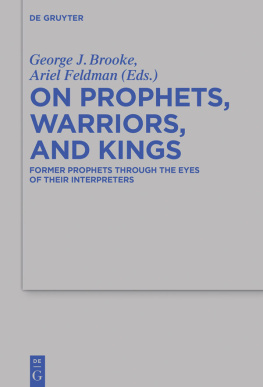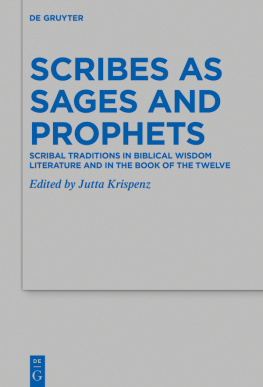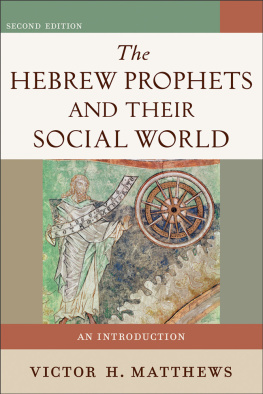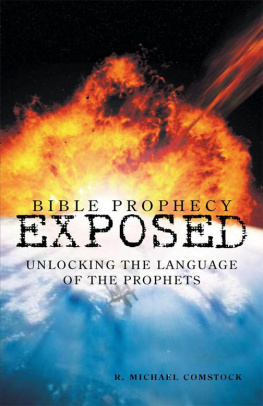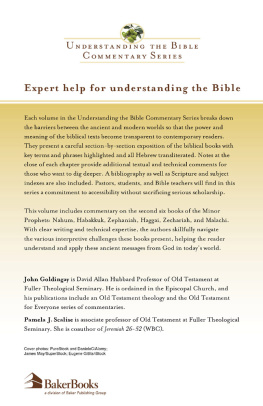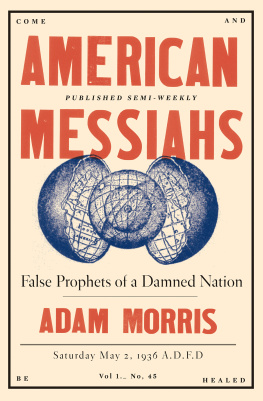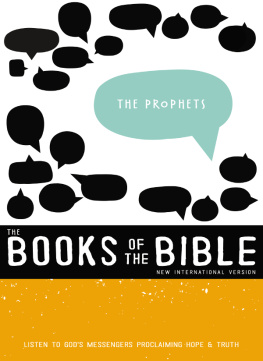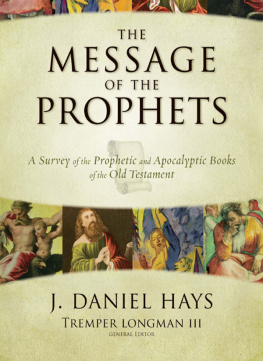Thank you for downloading this Simon & Schuster ebook.
Get a FREE ebook when you join our mailing list. Plus, get updates on new releases, deals, recommended reads, and more from Simon & Schuster. Click below to sign up and see terms and conditions.
CLICK HERE TO SIGN UP
Already a subscriber? Provide your email again so we can register this ebook and send you more of what you like to read. You will continue to receive exclusive offers in your inbox.
We hope you enjoyed reading this Simon & Schuster ebook.
Get a FREE ebook when you join our mailing list. Plus, get updates on new releases, deals, recommended reads, and more from Simon & Schuster. Click below to sign up and see terms and conditions.
CLICK HERE TO SIGN UP
Already a subscriber? Provide your email again so we can register this ebook and send you more of what you like to read. You will continue to receive exclusive offers in your inbox.
O THER B OOKS BY N ORMAN P ODHORETZ
Doings and Undoings
Making It
Breaking Ranks
The Present Danger
Why We Were in Vietnam
The Bloody Crossroads
Ex-Friends
My Love Affair with America
The Commentary Reader (editor)

THE FREE PRESS
A Division of Simon & Schuster, Inc.
1230 Avenue of the Americas
New York, NY 10020
www.SimonandSchuster.com
Copyright 2002 by Norman Podhoretz
All rights reserved, including the right of reproduction in whole or in part in any form.
THE FREE PRESS and colophon are trademarks of Simon & Schuster, Inc.
For information regarding special discounts for bulk purchases, please contact Simon & Schuster Special Sales: 1-800-456-6798 or
Book design by Ellen R. Sasahara
Library of Congress Cataloging-in-Publication Data Podhoretz, Norman.
The prophets: who they were, what they are/Norman Podhoretz. p. cm.
Includes bibliographical references and index. 1. Bible, O. T. Prophets (Nvi-im) Criticism, interpretation, etc. 2. ProphecyJudaism. I. Title.
BS1286 . P63 2002 224.06dc21 2002024464
ISBN 978-0-7432-1927-9
ISBN 978-1-4516-1293-6
ISBN 978-0-7432-3860-1 (eBook)
Once more, for Midge
CONTENTS
INTRODUCTION: THE BIBLICAL CONTEXT
R OUGHLY 2,750 YEARS agoaround the time Homer was probably singing and/or writing the Iliad and the Odyssey in far-off Greecea man named Amos, who described himself in the Bible as... an herdsman, and a gatherer of sycomore fruit... left the village near Jerusalem where he lived and traveled up to Samaria in the northern part of the Land of Israel. Immediately he erupted like a volcano, denouncing its people in the name of God for their sins and calling upon them to repent.
Thus did the first of the so-called classical prophets suddenly and mysteriously stride onto the historical scene, to be followed by, among many others, Isaiah, Jeremiah, Ezekiel, Hosea, and Micah. They were some of the greatest men ever to walk the earth, and most of them, like Homer himself, were also, and not so incidentally, among the greatest poets who ever lived. Then, three centuries after Amos started this astonishing parade (and just when Socrates and Plato were active in Athens), it ground to a halt as suddenly and mysteriously as it had begun.
In the pages that follow I propose to tell the story of these blazing human giants. Without quixotically attempting to dispel the entire mystery of the phenomenon they represented, I will try to shed a bit of light on it by examining their roots in the history of ancient Israel as recounted so fascinatingly and with such incomparable artistry in the Bible; by looking at how they reacted to the conditions surrounding them at home, as well as to the bloody conflicts impinging upon their people from abroad; and by speculating on how and why they faded away when they did.
In telling this story, I will also try to correct certain stubborn misconceptions about the classical prophets. A trivial example is the popular notion that these turbulent and troublesome and tormented figures were saintly old characters with long beards wandering about in loin cloths and issuing otherworldly moral pronouncements in abstractly universal terms. Yet few of them were what nowadays passes for saintly; and far from dealing in abstractions floating above the concrete details of daily life, all of them were always plunging down and dirty into the world around them.
For their story is, at bottom, the story of a waramong the most consequential in all of human history, and to my mind one of the most exciting. These men were the heroes of that war, but in waging it, the lethal instruments they wielded were not swords or lances. No, their weapons were words: words that in their own way could bring death as surely as swords and lances, but that could also do something beyond the power of swords and lances, which was to bring life and balm and healing, often to the wounds they themselves had made. I will be quoting many of those words, whose incandescent beauty and awful power ultimately vanquished an enemy as insidious and seductive as he was cruel and evil: the enemy they knew as idolatry. Yet I will conclude by arguing that this enemy keeps coming back under different names and in mutated forms that are not always easy to recognize as his. And I will ask, finally, whether the weapons that defeated him over two thousand years ago, and that are ready to hand in the Bible, may still be sharp enough to cut him down again today.
T HE B IBLE : it is probably the most widely circulated book in the history of the world (or at least the Western world). Once upon a time it was so constantly and intensively read that it often blotted out all other books, provoking the great Victorian literary and social critic Matthew Arnold to protest in exasperation that No man, who knows nothing else, knows Well, that may have been so in 1869, and even into more recent times. But no longer. As I have discovered from innumerable conversations, most people nowadays have only the most general acquaintance with the Bible. Unless they happen to be students or regular devotional readers, they are usually familiar only with some of the more famous stories the Bible tells. Turning Matthew Arnold upside down, one could say that even people who know everything else, do not know their Bible.
Indeed, I have also learned from those innumerable conversations that many such people do not even know what the Bible contains. They vaguely remember that it is divided into two major sections, the Old Testament and the New Testament, and perhaps they recall that in some English translations there is also a section called the Apocrypha. But few are able to remember the names of more than a small number of the books in either of the two Testaments, and fewer still have more than the vaguest notion of what the Apocrypha is.
I have also run into Christians, both Protestant and Catholic, who are unaware, or have forgotten, that the original language of the Old Testament is and that the New Testament was first written in Greek hundreds of years later. On the other hand, in my experience, virtually all Jews, no matter how secularized, know that the New Testament is not part of their Bible (or, to be more precise, the Bible of their forebears, for whom there was nothing old about the Old Testament except its age, and nothing in the New Testament that was true). Conversely, almost all Christians, even if they too are lapsed, know that both Testaments are sacred to Christianity. Still, it can come as a surprise even to religious Christians that the Protestant and Catholic versions of the Bible are not precisely the same.
Next page

